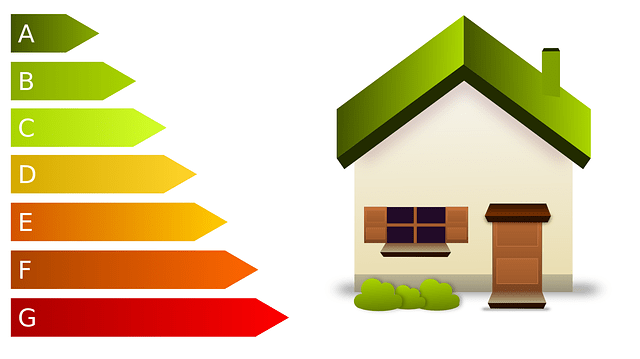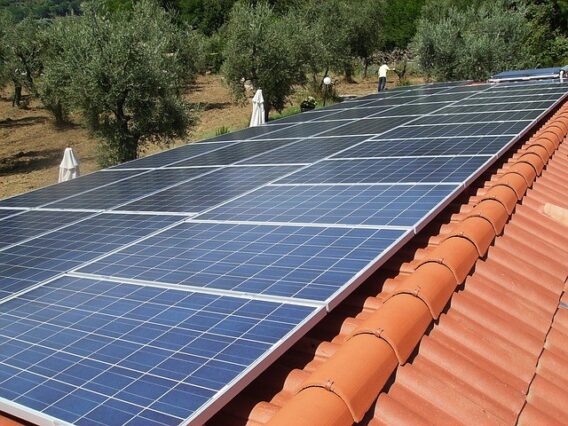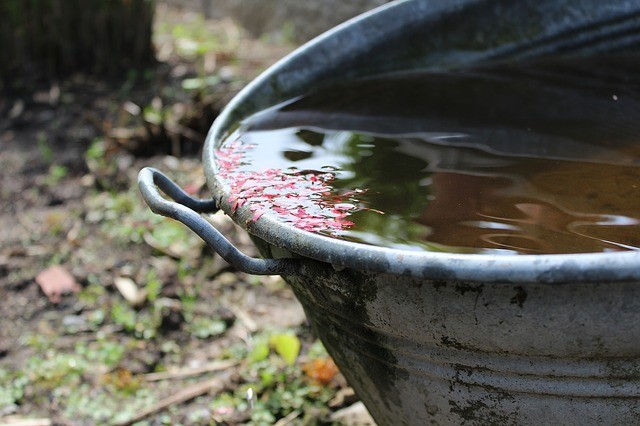How to save energy in the home is something worth looking at, from both a financial and environmental point of view. Your home uses a considerable amount of energy to run, and if you don’t have energy saving systems in place, it can add up to hefty bills and a large carbon footprint. While new-build zero carbon homes are at the forefront of environmental debate, it is within our existing homes where we can also make a real difference.

While it may not be obvious, you are probably using more energy in your home than you need to. Over time this can add to environmental damage, as well as you paying more than you need to on your energy bills.
The good news is that there are many easy ways to save energy in the home. Some may require a little upfront cost, while others just require changes in habits.
Simple ways to save energy and lower your home’s carbon footprint
1. Lighting – choose energy efficient LED lighting for your home. They use a fraction of the energy of incandescent bulbs, and will last you for years without needing to be replaced.
2. Turn Things Off – how often do you leave your TV or DVD player on standby? Or do you forget to switch off your washing machine after you take out your clean washing? Switch off your appliances properly to save money on your energy bills.
3. Swap Old for New – old appliances can use a lot more energy to run than modern ones, so consider recycling the old and updating to new. Old boilers, refrigerators and freezers are the usual culprits for being inefficient with energy usage, whereas newer models are more efficient.
4. Lower the Temperature – you can save energy by turning down the temperature of your heating thermostat by a degree. You can also wash your clothes at a lower temperature too, and clothes with a normal amount of soiling will come out just as clean as a hotter cycle.
5. Solar – solar panels for your home are a way to harness light from the sun and convert it into electricity that you can use to power your home. Buying solar panels will quickly pay for itself as you will have reduced, or no electricity bills to pay.

If you don’t have enough funds to get rooftop solar panels for you home, you can still benefit from solar power. For a fraction of the price, you can invest in a smaller version and start living semi off-grid!
Using a small solar panel, electricity is stored in a battery that you can use to power or charge many electrical items. Imagine if you just used solar for charging your phone, laptop or iPad… if you have a house full of people each with their own electrical goods, then that is a lot of electricity you are paying for over the year in charging alone. A small solar panel system is simple to set up, and is also ideal for camping, caravanning and boating.
6. Insulation – Insulation works like a cosy blanket that envelops your home, stopping heat from escaping. When you are paying to heat your home, it makes sense to keep as much of that heat inside as possible. Ways to do this include having double glazing throughout your home, cavity wall insulation, and loft insulation.
Being properly insulating with efficient materials makes a huge difference to the temperature inside your home. Not only will you feel warmer in the winter, you will use your heating less, save money and lower your home carbon footprint.
7. Use a Slow Cooker – preparing meals using a slow cooker is a great way to save energy, as well as taking the labour out of standing over a stove. Slow cookers use low amounts of electricity, and the other benefit is that you can prepare you meal the day before, put in the slow cooker before you go to work, and have a hot meal waiting for you when your get home.
How to Save Water
Saving water makes sense both environmentally and financially.
8. New Boiler – if you home has a water tank system, it can take a lot of energy to heat up. Consider swapping for a combi boiler that heats water as it flows, rather than while it is being stored in a tank. This can save you considerable amounts of money on your annual heating and water bills.
9. Reuse water – there are lots of ways you can reuse household waste water. For example, bath water and be used for indoor and outdoor plants or in the vegetable garden.
If you are cleaning out your fish tank, the waste water is great for plants as it has lots of nutrients from fish poo and left over fish food.
The water that is left after boiling vegetable or pasta is also great for plants – wait until it has cooled though!
10. Reduce your showers by a minute or two each time, as over time this can add up to a lot of water saved. If you run the shower for a minute or two to warm up before you get in, you could collect the water in a tub to use in the garden, or for cleaning.
11. Dishwashers are efficient with water use, and often use less than if you were washing up by hand. If you do not have a dish washing machine, wash your dishes by filling a tub or sink with water, rather that washing under a running tap.
12. Make the most of natural sources of water by collecting rain water in a water butt or container. You can use this to water your garden.

We can all save energy in the home if we put our minds to it, and Saving energy in the home lowers your home carbon footprint and brings you savings on your annual energy bills. Make small changes to improve your energy use, and you will see a big difference!
Do you have any tips on saving energy in the home? Please share in the comments.

